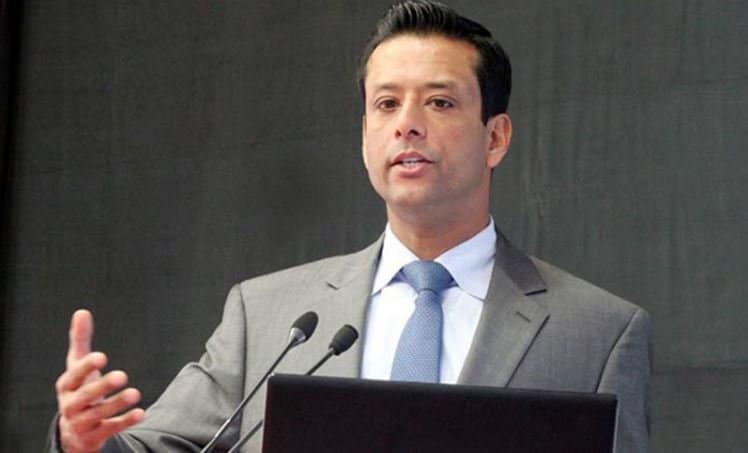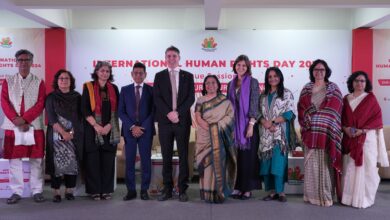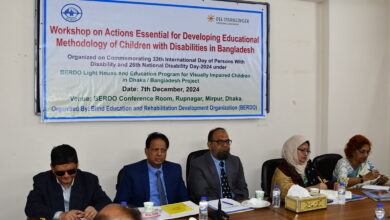PM’s poverty alleviation model makes landless people self-reliant: Joy

Prime Minister Sheikh Hasina’s ICT Advisor Sajeeb Wazed Joy has attributed landless people’s self reliance to the
premier’s poverty alleviation model saying such initiative made helpless people standing upright in prosperous Bangladesh and empowered them with bringing shadow overhead.
“So far, the government has built one house with land for about 4 lakh uprooted families on the initiative of Bangabandhu daughter Sheikh Hasina.
Handing over houses to 1 lakh more families is underway,” he wrote on a Facebook post from his verified account on Saturday. Report BSS
Shedding light on further initiatives for empowering marginal people, he said the government is now taking various measures for the earnings of the landless people after ensuring their housing.
“These families are becoming prosperous by utilizing the facilities of the developmental infrastructure of Bangladesh,” he added.
Joy said the government allowances are reaching the homes of the elderly, widows, the disabled, and the helpless, adding that, “As a result, their children are returning from their early working lives.”
Free education and stipends have helped the new generation of helpless people return to school, he went on saying.
“The benefits of independence are reaching every door, the most of the marginalized people are now daring of dreaming for a better future”, he wrote in the concluding remark.
His observations were also substantiated with a visual report incorporating interviews of the beneficiaries who thanked the prime minister for the series of measures transforming their lives.
Md Habibur Rahman, one of the beneficiaries, said, “Leprosy patients used to be loathed in our country. We, 18 people, managed to meet the prime minister.
We sat on the ground, and to our astonishment, she removed the mat and sat on the same ground as us”.
Rahman said, “We were offered free treatment and medicine. Our lives were turned around. Our children were provided with education. Today they are even doing their higher education.”
Other beneficiaries including people from transgender communities and ethnic minorities also spoke highly on the initiatives meant for including them in the society.





